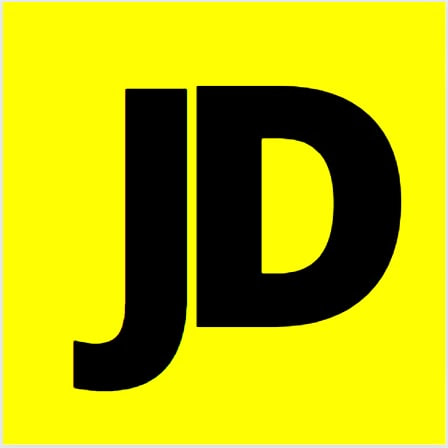As the Russia-Ukraine war keeps on raising, North Atlantic Treaty Organization nations are purportedly separated on keeping up with relations with Russia.
As the conflict in Eastern Europe keeps on heightening, North Atlantic Treaty Organization (NATO) nations are isolated into two camps on the issue of relations with Russia. While Poland, Lithuania, Latvia, and Estonia push for a total split with Russia, Germany, France, and Turkey mean to stay in contact with Russian authorities no matter what the circumstance in Ukraine and the supposed atrocities submitted by Russian soldiers, The New York Times revealed citing Western authorities.
The NATO unfamiliar priests' gathering this week, to examine ways of helping Ukraine in arraigning Russia, settled on one primary concern - the conflict is nowhere near finished - and notwithstanding their withdrawal from regions around Kyiv, Russian soldiers are gaining steady headway in Ukraine's east, the report added.
NATO Secretary-General Jens Stoltenberg said that Moscow has no aim of leaving its aspirations in Ukraine. He likewise expressed that there is right now a huge development of Russian soldiers from Kyiv to redesign, rearm, and resupply and they are moving their concentration toward the eastern locale. "We anticipate a reestablished Russian drive in eastern and southern Ukraine before long, determined to catch the whole Donbass and laying out a land scaffold to involved Crimea. This is an essential period of the contention," the NATO boss added.
66% of NATO individuals gave deadly weapons to Ukraine: Report
According to The New York Times report, NATO is focused on giving a wide range of help to Ukraine and around 66% of the collusion's individuals have proactively given deadly weaponry, including the Czech Republic's stockpile of Soviet-period tanks and defensively covered staff transporters.
The Czech Republic turned into the primary NATO part to send tanks and Infantry Fighting Vehicles (IFV) to Ukraine. As per reports, this was the primary such shipment of weighty weapons to the assaulted ex-Soviet country since the Russian attack started on February 24.
EU countries separated over coal ban on Russia
In the interim, European Union representatives neglected to endorse another authorizations bundle against Russia which was proposed by the European Commission on Wednesday, April 6. Apparently, the authorizations bundle couldn't get endorsement attributable to conflicts over the coal ban. Nonetheless, the alliance has removed Russia's "most-inclined toward country" exchange status, which permits EU nations to force correctional duties on Russian exchange and business.





0 Comments